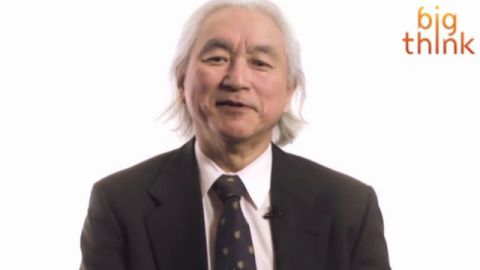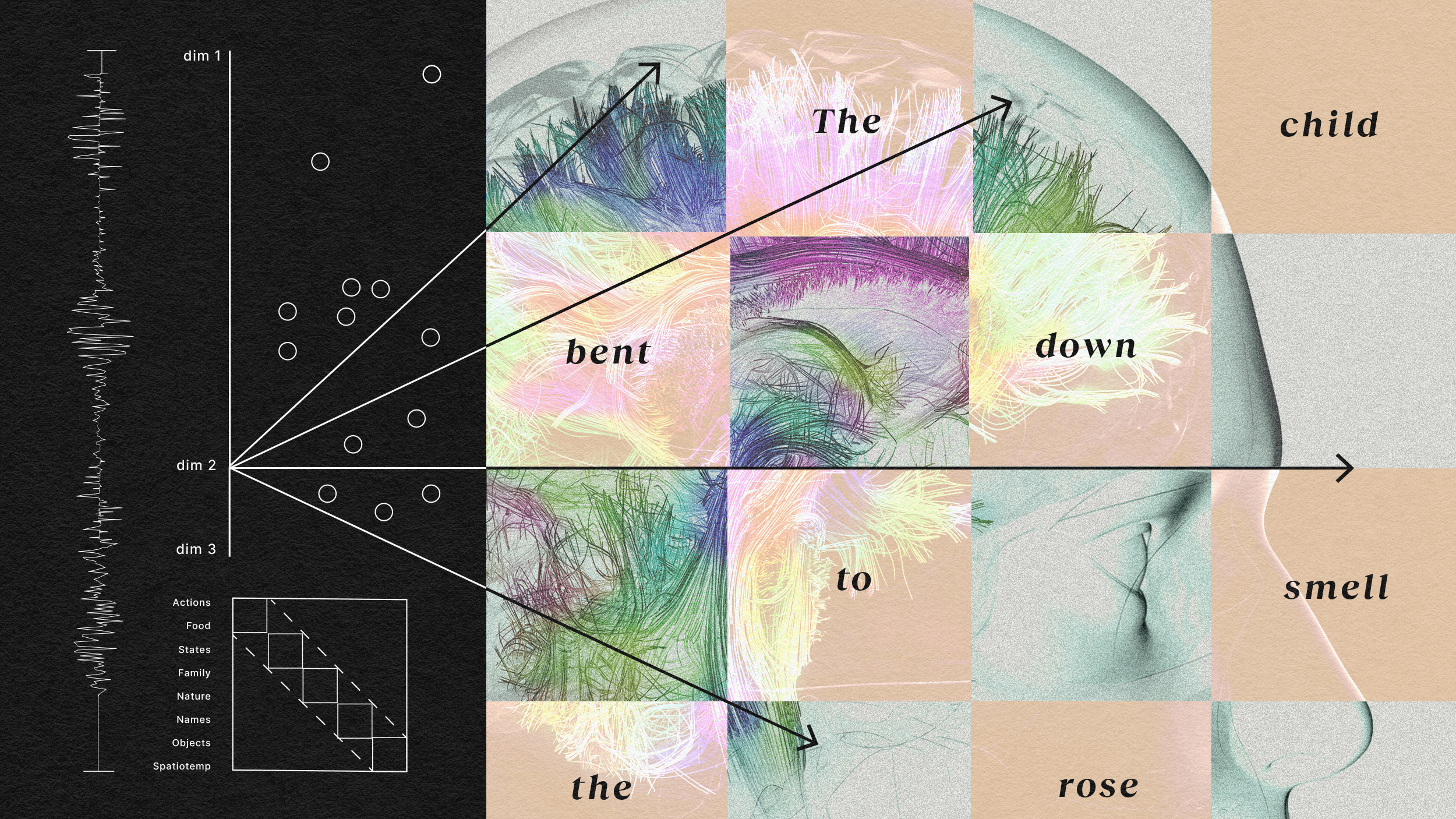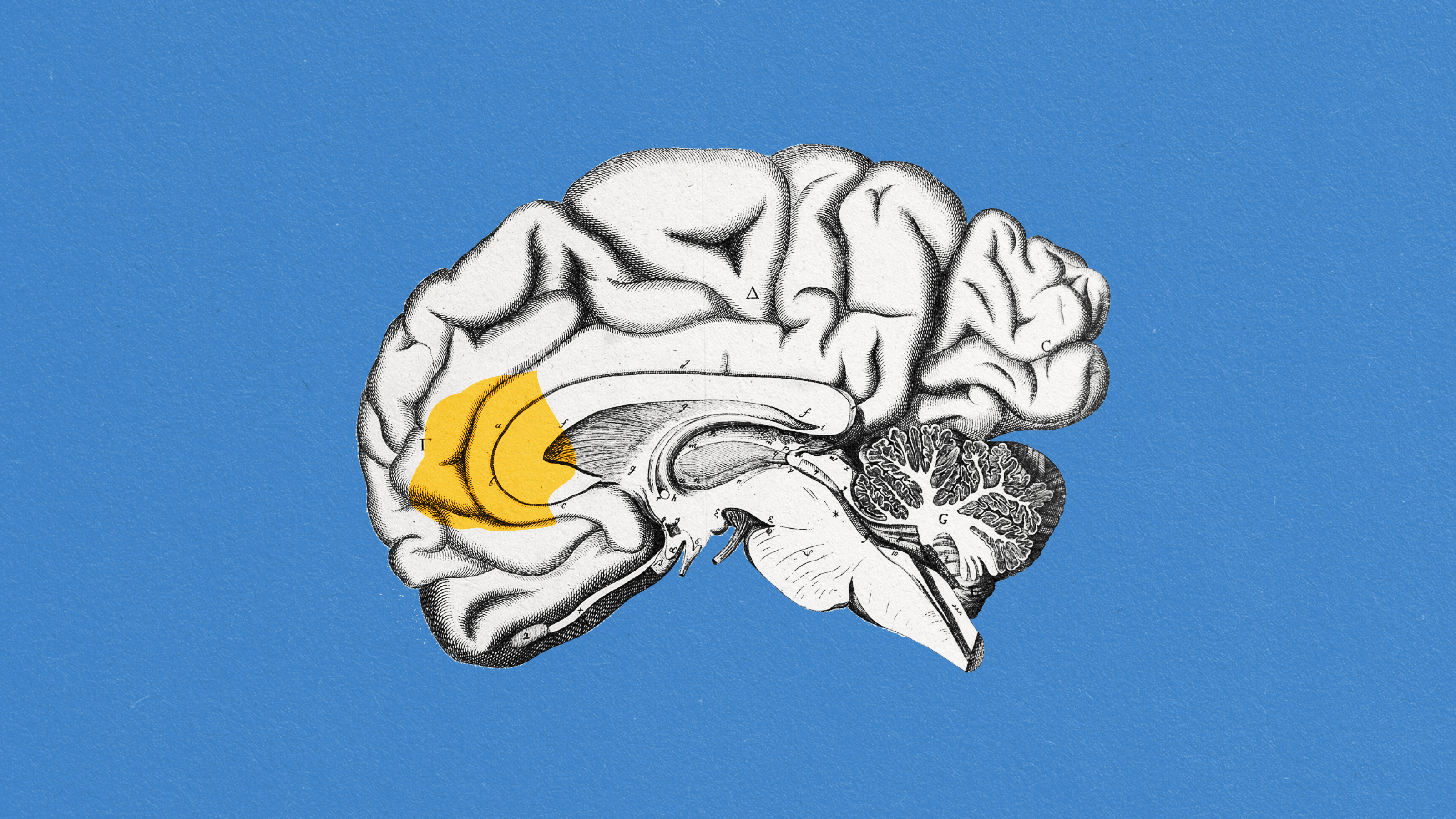Super Brains: Kaku on What Makes a Genius

Are champions born or are they made? Science still cannot settle that debate. But one thing is clear: Certain brain injuries can produce super geniuses. This is not an invitation to throw yourself down the stairs head first. Science has yet to figure out why specific brain injuries can give people remarkable abilities.
Jason Padgett, a furniture salesman from Tacoma, Washington, was attacked one night by a pair of unknown assailants outside of a karaoke bar. After the assault, he suffered PTSD and social anxiety. But he also experienced a mathematical awakening: He saw the world in complex geometrical equations. Now he’s back in college, studying math, and being studied by doctors who believe that his condition strongly indicates that we might all have the ability to attain savant skills.
What do super geniuses have that the rest of us algebraically-challenged do not? “Well, first of all a lot of them had injuries to the left temporal lobe,” says Michio Kaku, Big Think’s resident expert on the brain and author of The Future of the Mind. “One individual had a bullet as a child go right through the left temporal lobe. Another person dived into a swimming pool and injured very badly the left temporal lobe. And these people wound up with incredible mathematical abilities as a consequence.”
But what about Einstein? As far as we know, he never suffered a brain injury. Luckily, his brain was preserved and studied. “You can’t tell by looking at [Einstein’s brain] that it’s so remarkably different but you realize that the connections between the prefontal cortex and the parietal lobe – a connection that is accentuated in people that do abstract – reasoning is thickened,” explains Kaku. “So there definitely is a difference in the brain of Einstein.”
He adds that brain scans of those who excel in mathematics reveal brains that are slightly different than average. Asperger syndrome—also known as the “genius disease”—also seems to grant extraordinary cognitive abilities, as Kaku points out in the video below. He uses the beloved, awkward characters of “Big Bang Theory” and Isaac Newton, the greatest scientist who ever lived, as examples.
Clearly, the human brain remains as mysterious as the cosmos. Speaking of “Cosmos,” can you spot the cameo in this clip of Big Think’s interview with Kaku?




